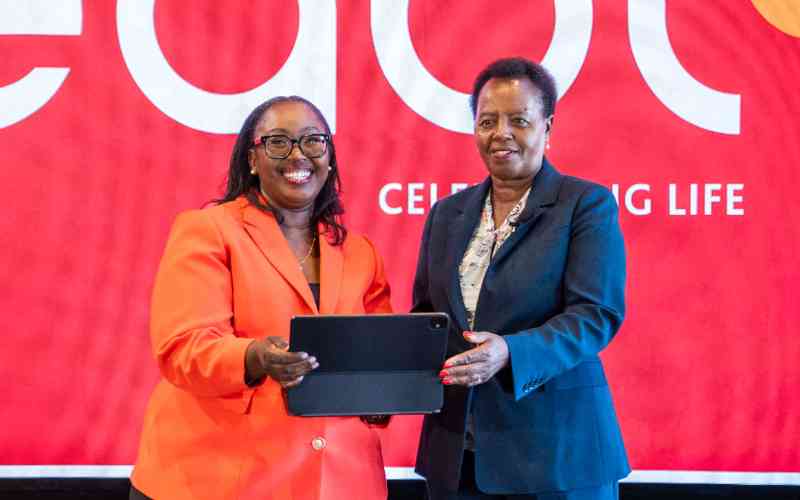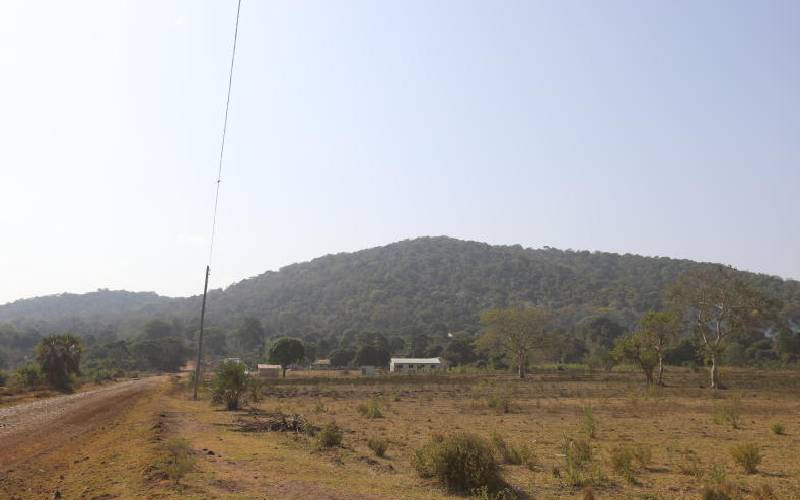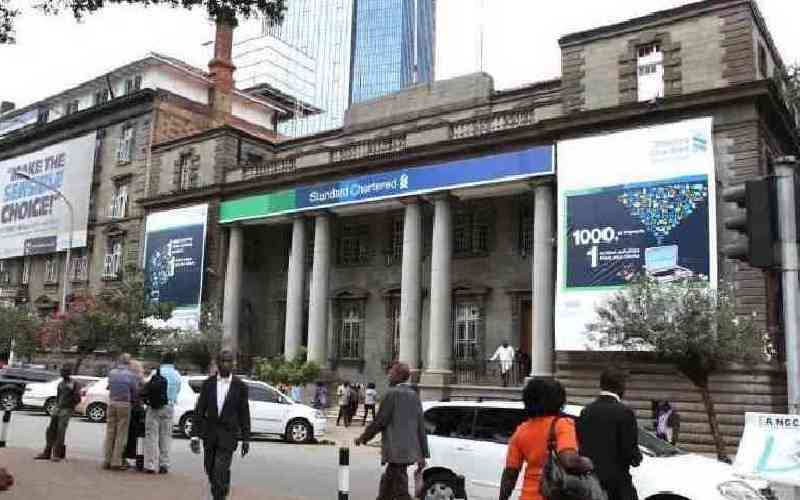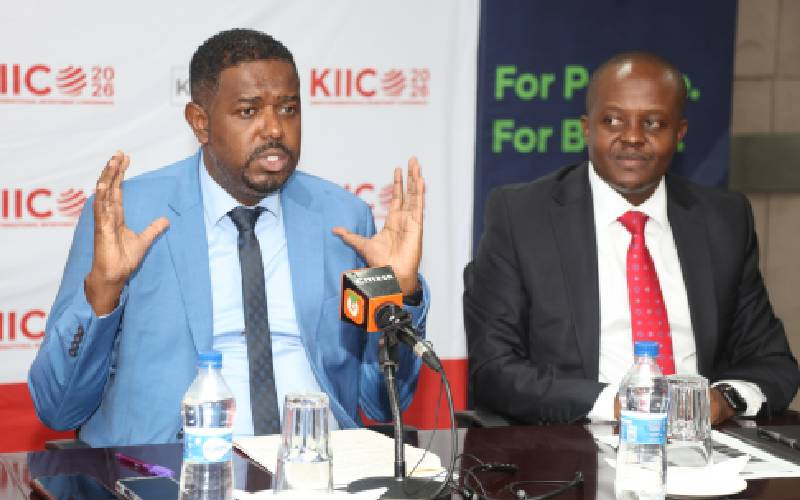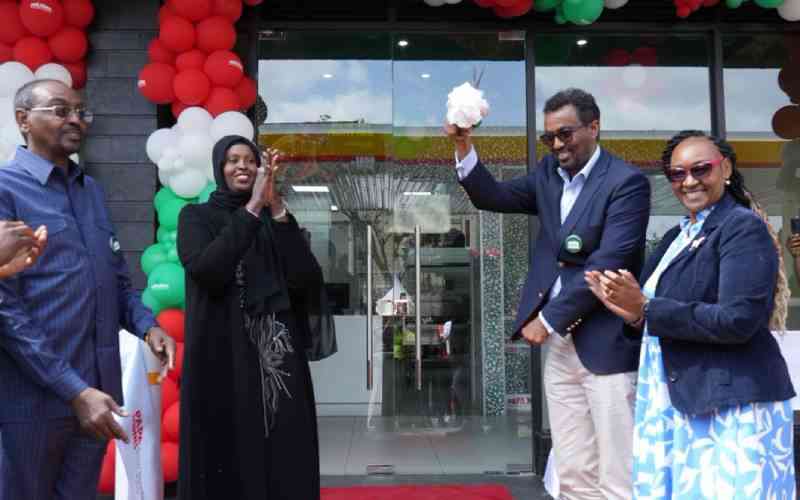×
The Standard e-Paper
Stay Informed, Even Offline
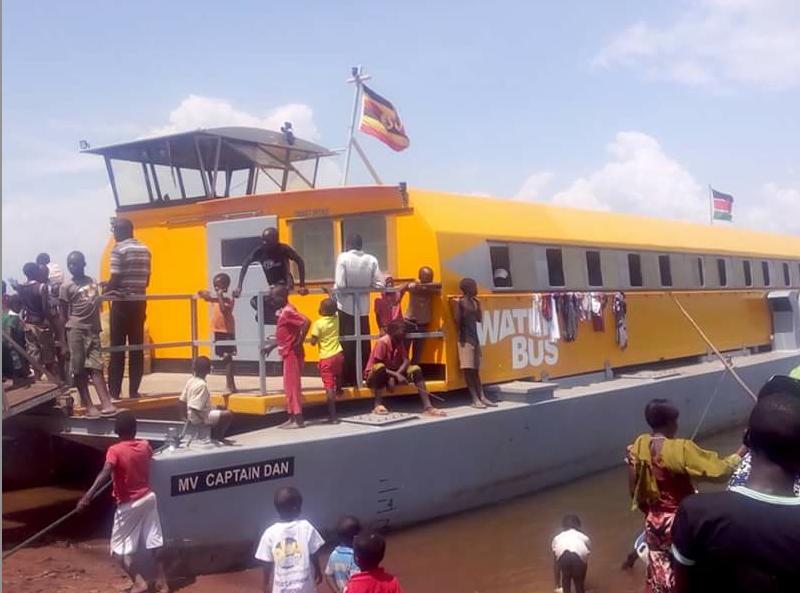
For more than 15 years since it launched its first scheduled public transport service on Lake Victoria, Globology Ltd is seeking to expand its network by selling franchises to canoe operators.
The lake transport operator believes this will be a viable way of growing its frequency and route portfolio, which currently serves over 1,500 passengers daily between the mainland and island destinations on Africa’s largest freshwater lake.

